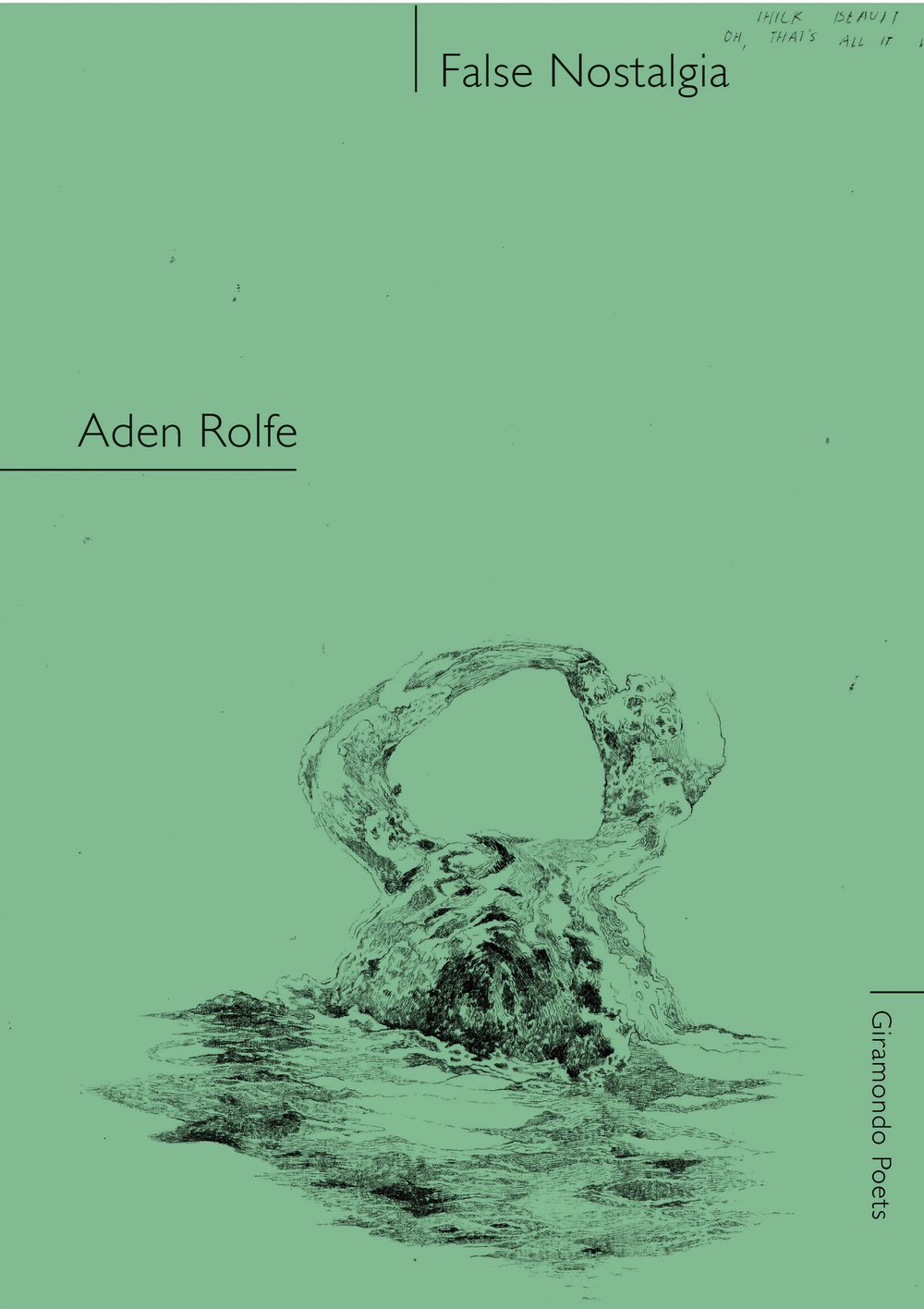False Nostalgia

False Nostalgia is rare among poetry collections, a work which is both lyrical and philosophical. It explores the way memory works, and the role memory plays in our sense of identity, and what we take to be the significant moments in our lives – the relationship between what we remember and the stories we tell about ourselves. Through stand-alone poems, exploratory poetic sequences, and essays which read like extended prose poems, Rolfe considers the complex connections between experience and recollection, the drive to document the moment, the fear of forgetting, the power of nostalgia, and the creative unreliability of memory itself. He approaches his subjects from oblique angles, evoking feelings of connection and disconnection, the experience of never quite grasping your own understanding of things. The poems place the reader in half-remembered places – on beaches walked during holidays, in festival gatherings and forests, film screenings and auction houses – asking not only what it means to look back fondly on a second-rate experience, but what it means to look forward to looking back on a moment while you're still living through it.
